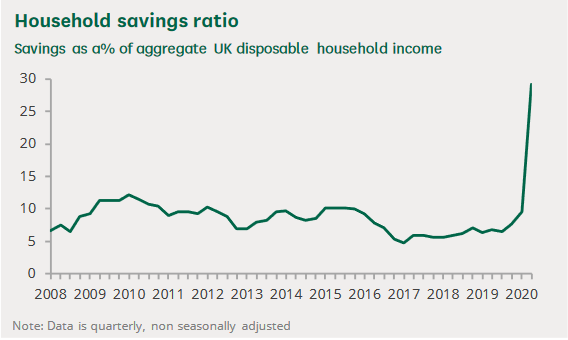Speaking to Andrew Marr on 4th October, the Prime Minister Boris Johnson said: “And, you know, we’ve got to continue to bear down on this virus, whilst protecting the economy. That’s the balance we’ve got to strike.”
Few will take him to task for saying this, as it is a sentiment that is widely held.
So, I will.
The problem, as ever, is the way we use terms and the presuppositions we make. People talk of getting the economy going again, as if it’s a stalled vehicle. If only we can restore what was working before, they think, then we would be more or less OK from an economic perspective.
Since restoring the old normal is not fully compatible with measures needed to combat the spread of the virus, there is a need to balance the two, they believe.
But if we look more closely at what exactly needs attention we could look to address the economic dilemma more imaginatively than just envisioning a return to what was. So let’s look more closely at what people and businesses want from the economy:
- For people, that they have sufficient income to meet their ongoing costs with a bit left over to treat themselves and their family, take a break and save for the future
- For businesses, that they have sufficient revenue to meet their ongoing costs with a bit left over to grow their businesses, invest in R&D and reward their staff with bonuses and investors with dividends.
Both will agree that meeting costs is the most important of these: the bit left over is what we live for, but we can put it on hold for a while if necessary. However, if this “bit left over” is not spent, businesses may be starved of revenue. Furthermore, if government rules mean that businesses cannot operate as they did previously, they will not be able to sell their product or service at all or as effectively and thus will lose revenue. If they shed staff to reduce costs, those newly made redundant will have insufficient income to meet their personal ongoing costs. This will this impact businesses further since we are all business customers. It’s a vicious circle.
But it’s a vicious circle because it’s a circle. What makes it so vicious is also what makes it avoidable. For what both people and businesses need right now is their income assured. If it is then they can financially play their part in providing that revenue for other businesses which will then result in personal incomes being protected. To the extent that it happened before the pandemic (the “old viable”) it is perfectly economically possible for it to happen after.
It is prevented from happening because to comply with the government’s health strategy some products and services become unavailable. And where that is so, the financial transactions that are needed to keep the money circulating, thus protecting businesses and personal incomes, do not happen. But the point is if you can make the financial transaction happen then the purely economic problem is solved.
Through the Job Retention Scheme and the various support grants and loans that the government has made available, some of the necessary financial transaction substitutions have been made. The problem is that now it is apparent that the JRS needs to run much longer than the government planned. And because it has made no attempt up to now to balance its books by taxing to finance its spending, it has now decided that the continuation of these necessary economic measures is unaffordable.
And it’s at this point that you realise that the government just hasn’t got it. Their measures have delivered benefical economic outcomes in proportion with the extent they mirrored what was happening pre-lockdown, but in their minds this carried a general economic burden that the old activity did not because the latter was “generating wealth”. For they see wealth as being created by economic activity and what they think they are doing has been to put an extremely expensive sticking plaster in place until such time as this economic activity can return to normal to bring the wealth back.
As I and many other green economists have argued, it’s a mistake to conflate GDP/economic activity with wealth creation. Not all of what they want to return is wealth-creating in real terms, particularly polluting activities such as air travel. The value of these activities to the economy is that they stimulate circulation by offering attractive services. It’s the circulation that serves the economy: the cost/benefits in terms of wealth of the activity itself can only properly be assessed using different metrics[1].
In conclusion, then: to protect the economy the government needs to keep money circulating. To protect its people (and by doing so invest in future wealth creation) it needs to pursue a health strategy designed to combat the spread of the virus as much as possible without putting intolerable strains on supplies of essential goods and services, the provision of education and the protection of people’s mental and emotional wellbeing. There is a balance to be struck within the latter, but between the former and the latter there is none: both can be achieved so long as the government is prepared through taxation to circulate money to replicate as closely as possible the transactions that have been lost through the imposition of restrictions[2].
October 2020
[1] The metrics are not naturally monetary, however there is little in life that one cannot attach some monetary value if one finds it helpful. The point is, however, that true wealth is primarily measured in terms of wellness and green capital (Natural, Intellectual, Social, Inspirational and Physical). For more on this see the Seven Roads document
[2] For more on how this can be done, see the Hibernate and Circulate document





